Panoramic Photo Above:
Wrigley Field, Chicago
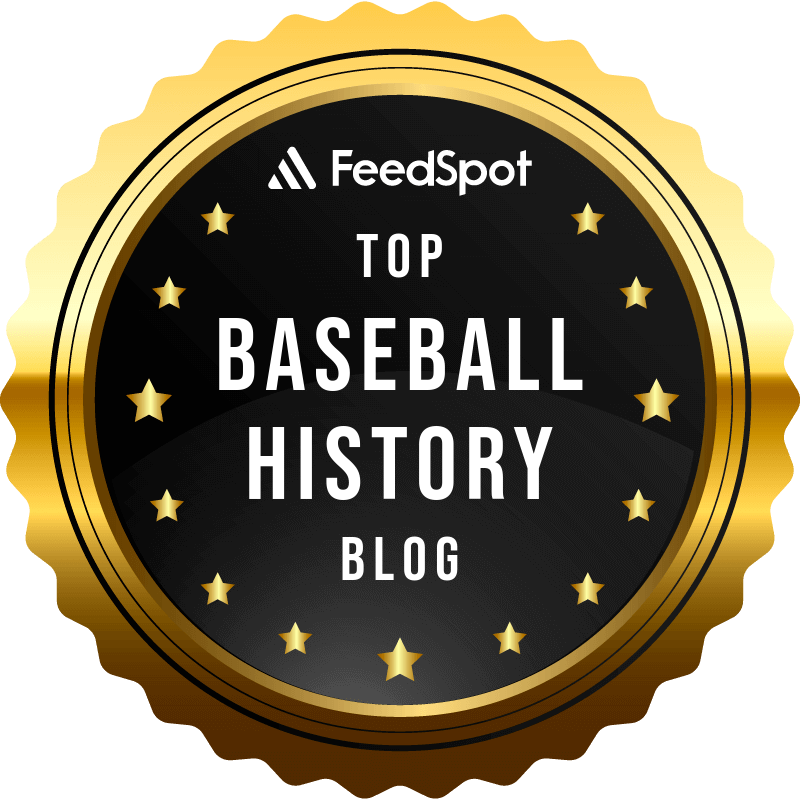
Baseball History Comes Alive Now Ranked As a Top Five Website by Feedspot Among All Baseball History Websites and Blogs!
(Check out Feedspot's list of the Top 35 Baseball History websites and blogs)
Guest Submissions from Our Readers Always Welcome! Click for details
Scroll Down to Read Today’s Essay
Subscribe to Baseball History Comes Alive for automatic updates.
As a Free Bonus, you’ll get access to my Special Report: Gary’s Handy Dandy World Series Reference Guide!
Fred Merkle Photo Gallery
Click on any image below to see photos in full size:
I doubt any true baseball fan would ever want to see someone’s life negatively affected by what happened in a baseball game (think: Steve Bartman). Unfortunately, that’s exactly what happened to a young 19-year-old rookie named Fred Merkle 116 years ago today when he failed to touch second base following an apparent game-winning hit. Those of you who have read my late friend Mike Cameron’s book, Public Bonehead, Private Hero know of the tragic consequences this played in Fred Merkle’s life – unfairly in my opinion. Here’s a repost of an essay I wrote about it eight years ago. -GL
The 116th Anniversary of the “Merkle Game”
The Day Fred Merkle’s Life Changed Forever
“I wish I’d never gotten that hit that set off the whole Merkle incident. I wish I’d struck out instead. It would have spared Fred a lot of unfair humiliation.” -Giant Al Bridwell, whose hit led to the Merkle incident.
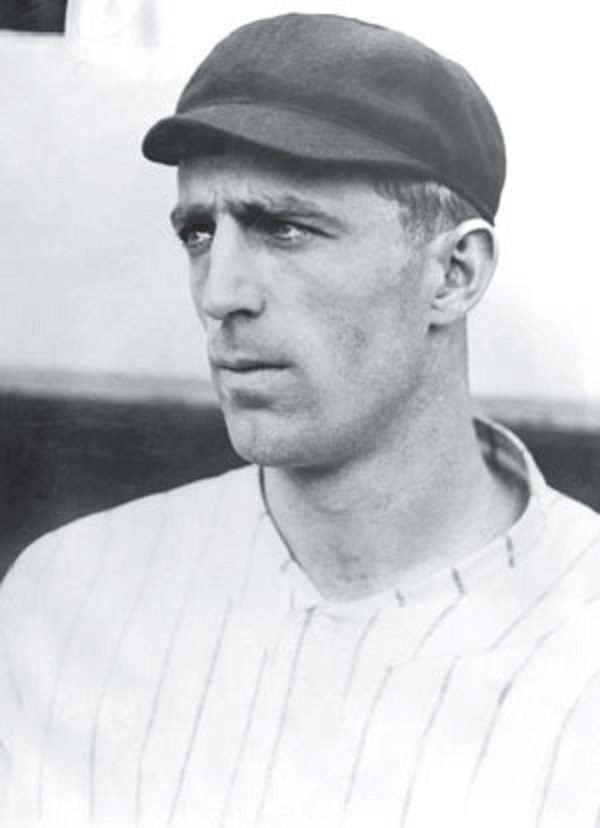
On September 23, 1908, the Cubs and Giants were tied for first place and the Pirates were 1.5 games back. Fred Merkle, the youngest player in the National League, had appeared in only 38 games. On that morning, Fred Tenney, the Giants’ regular first baseman, woke up with a case of “lumbago,” and manager John McGraw penciled in Fred Merkle to replace him. It was his first big-league start.
Christy Mathewson started for the Giants against Jack Pfiester for the Cubs. The game had only two umpires: Bob Emslie on the bases and Hank O’Day behind the plate. It was scoreless through four innings until Joe Tinker hit an inside-the-park home run in the fifth. The Giants tied the game in the sixth on Mike Donlin’s single which scored Buck Herzog. The game remained tied 1–1 when the Giants came to bat in the bottom of the ninth.
After Cy Seymour grounded out, Art Devlin singled. Moose McCormick then grounded sharply to second, but Devlin’s hard slide prevented a double play and McCormick reached first safely. With two outs and McCormick on first, Fred Merkle singled down the right-field line with McCormick advancing to third. Next up was Al Bridwell who hit Pfiester’s first pitch for a sharp single to center. Umpire Emslie was knocked on his “keister” avoiding the ball as McCormack scored easily from third with the apparent winning run.
But wait!…
As Giants’ fans poured out of the stands and mobbed the field, Merkle, advancing from first base, veered toward the clubhouse without touching second. Here’s what happened next:
“Evers shouted to center fielder Solly Hofman, who, amid the chaos caused by thousands of celebrating Giants fans, retrieved the ball and threw it to Evers. According to one account, Joe McGinnity, who was coaching third base that day, intercepted the ball and threw it away into the crowd of fans. Evers retrieved the ball — or found a different ball — and touched second base. Umpires Emslie and O’Day hurriedly consulted and O’Day, who saw the play from home plate, ruled that Merkle had not touched second base, and on that basis, Emslie ruled him out on a force and O’Day ruled that the run did not score. Five years later, Merkle admitted that he had left the field without touching second, but only after umpire Emslie assured him that they had won the game.” (quote from Wikipedia)
Of course, if someone had warned Fred Merkle, already considered one of the Giants’ smartest players, that Rule 59 suddenly would apply and supersede tradition for the first time in baseball history, he certainly would have trotted a few more steps and touched the bag. No one told him, so he didn’t feel the necessity to do so. The rule had never been enforced. As author Mike Cameron makes clear in his book, Public Bonehead, Private Hero: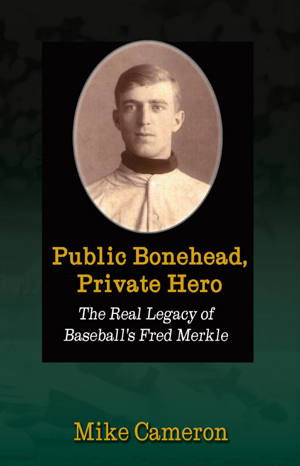
”Merkle’s failure to touch second base was considered customary at the time. When National League President Harry Pulliam changed the ruling following the eerily similar ‘Gill Game,’ a mere three weeks before, he failed to immediately disseminate his decision to the ballplayers. ‘Did you have to touch second base or didn’t you?’ At the time, it just wasn’t clear. This ambiguity set the stage for the tragic chain of events of which Fred Merkle was the ultimate victim. It was a result that could easily have been avoided; Pulliam’s inaction regarding the Gill play was the equivalent of lighting a fuse to a bomb. It’s dangerous to have rules on the books which are not enforced or to have one set of rules written down and another acted out.”
Or to change customs without telling everyone!
Gary Livacari
We’d love to hear what you think about this or any other related baseball history topic…please leave comments below.
Information: Excerpts edited from Public Bonehead, Private Hero:; and the Fred Merkle Wikipedia page
Subscribe to Baseball History Comes Alive to receive email updates. FREE BONUS for subscribing: Gary’s Handy Dandy World Series Reference Guide. The site has over 1500 fully categorized baseball essays and photo galleries, now surpassing the one million hits mark with over 1,236,000 hits
(Please note: If you were previously a subscriber to the website, you may have to resubscribe due to recent technical issues)
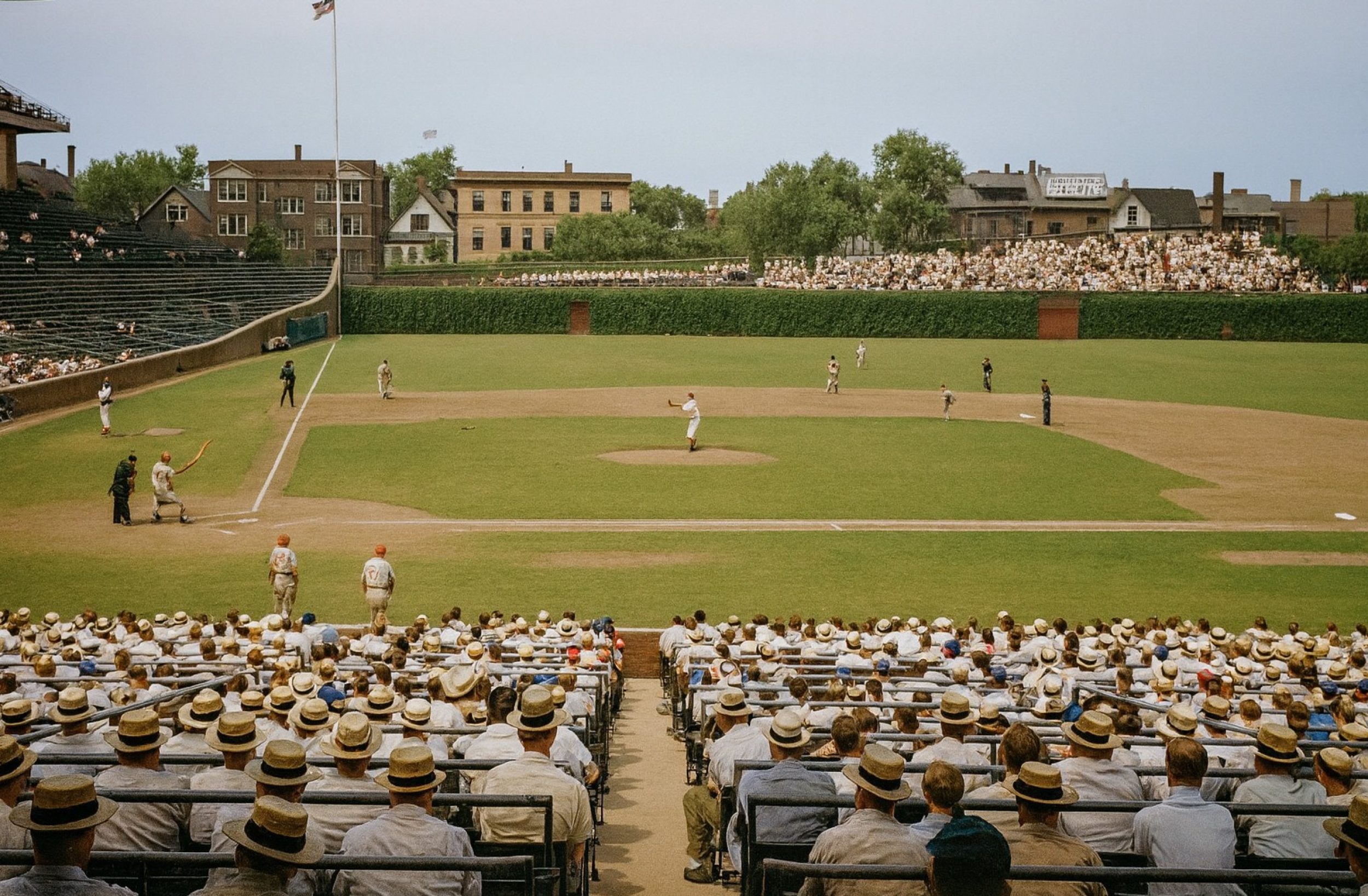
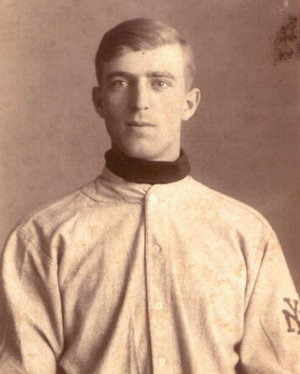
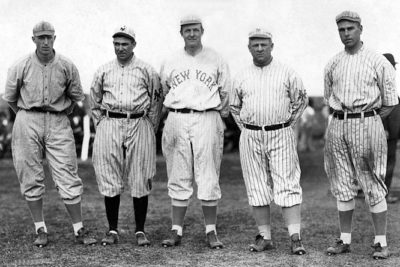
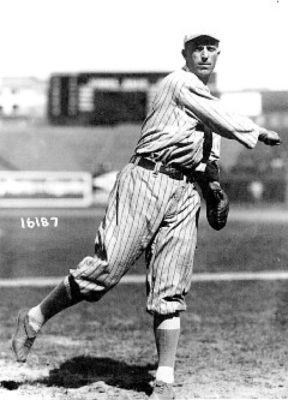
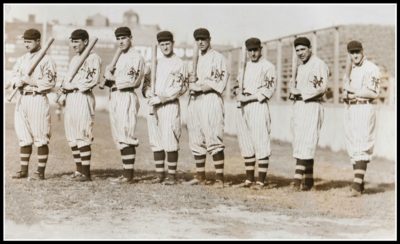
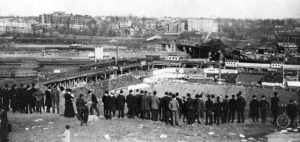
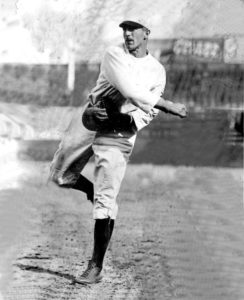
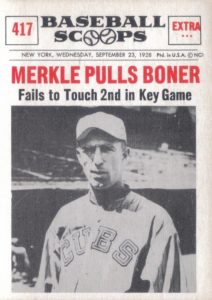
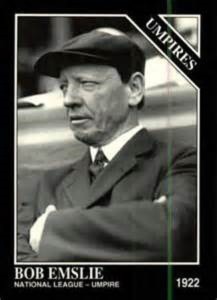
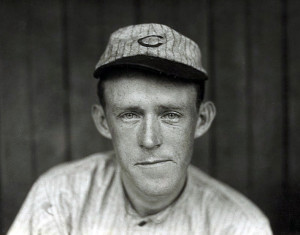
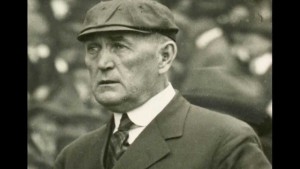
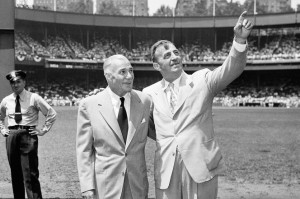
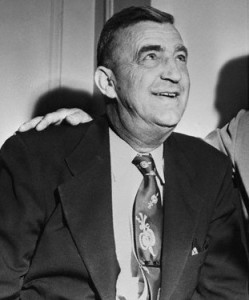
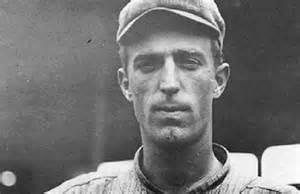

Hi Gary,
I did not realize that Merkle actually asked if he needed to touch up. Makes me want to read Mike Cameron’s book! Hope you are well.
Mark
Thanks Mark…Mike Cameron’s book is a good one. He actually interviewed some of Merkle’s descendants, showing how the “bonehead” thing was still affecting his family three generations later. Mike and I became friends after his book came out. He lived in the Chicago area and became one of my patients. Unfortunately he passed away a few years ago at a young age.
I believe that John J McGraw deserves a bit of blame here. He must have known about the Gill affair and should have made it clear to his charges that they should always complete a play and ask questions afterward. To his credit, he stood by Merkle, who did have a pretty good career even if he was on the losing end of six out of six Series as a player and coach.
Thanks Mike…i would tend to agree with that.